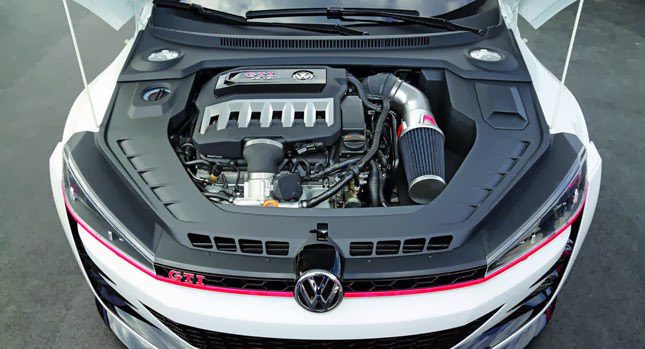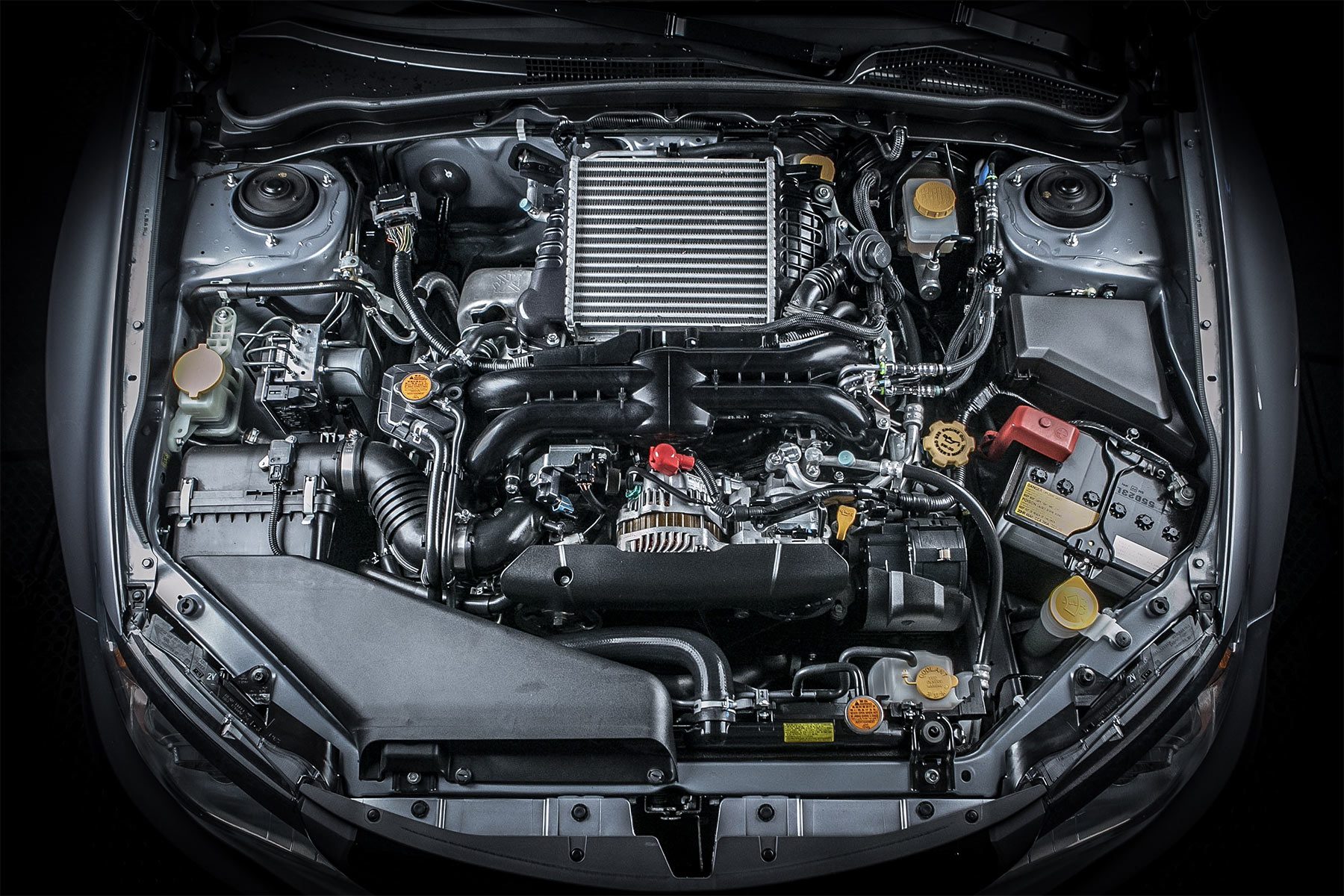Import Engines: Top Distributors and What to Search for
Import Engines: Top Distributors and What to Search for
Blog Article
A Thorough Contrast of Different Sorts Of Import Engines and Their Applications in Different Autos
From the performance of turbocharged engines to the environmental kindness of electric powertrains, the range of import engines readily available in today's market provides to a large range of driving needs and choices. Whether it's the torque of a diesel engine or the non-traditional layout of a rotating engine, understanding the nuances of each kind and how they line up with details lorry needs can dramatically impact efficiency, fuel economic climate, and overall driving experience.
Turbocharged Engines
Turbocharged engines, known for their capability to boost power result effectively, have actually ended up being progressively widespread in modern-day car layouts. By utilizing exhaust gases to drive a wind turbine that compresses inbound air into the engine, turbochargers properly increase the amount of air and fuel mix that can be ignited, resulting in boosted performance without dramatically boosting engine dimension. This technology enables manufacturers to scale down engines, causing far better gas effectiveness while preserving power levels equivalent to larger, normally aspirated engines.

Crossbreed Engines
With the improvements in engine innovation helping with boosted efficiency and performance, the auto sector has actually seen an increase in the combination of crossbreed engines as a lasting option for power delivery. Hybrid engines incorporate the advantages of both inner burning engines and electric motors to supply enhanced gas effectiveness and minimized exhausts. By seamlessly switching over in between the two power resources or using them concurrently, hybrid engines offer flexibility in numerous driving problems.

In addition, hybrid technology is not limited to a specific vehicle kind, with applications varying from small cars to larger SUVs and even high-performance sports cars. As ecological worries and fuel performance regulations come to be increasingly prominent, hybrid engines represent a substantial step towards lasting transport options.
Electric Engines
Electric engines have changed the automobile sector with their environmentally-friendly and efficient power distribution systems. import engines. These engines run by transforming electrical energy right into power, supplying a smooth and quiet driving experience. Unlike standard combustion engines, electrical engines produce no tailpipe discharges, minimizing the general carbon impact of automobiles and helping fight air contamination
Among the crucial benefits of electric engines is their high power effectiveness, normally converting over 80% of the electrical power into propulsion. This performance equates into cost financial savings for customers through reduced fuel expenditures. In addition, electric engines need less maintenance compared to interior burning engines, as they have fewer relocating parts that can break gradually.
Electric engines are typically utilized in electrical lorries (EVs) and hybrid electrical cars (HEVs) EVs depend entirely on electrical engines for propulsion, drawing power from rechargeable batteries. On the other hand, HEVs incorporate electric engines with traditional inner combustion engines to enhance fuel efficiency and minimize discharges. The versatility and sustainability of electrical engines make them an appealing solution for the future of transport.
Diesel Motor
Diesel engines are renowned for their phenomenal fuel performance and durable performance in a selection of auto applications. These engines run by pressing air in the cyndrical tubes, which causes heats that spark the injected diesel gas without the requirement for ignition system. This burning technique offers diesel motor with greater torque outcomes contrasted to gas engines, making them excellent for sturdy automobiles like vehicles, buses, and building and construction tools.
One of the essential benefits of diesel motor is their exceptional fuel efficiency, as they can take a trip further on a gallon of fuel compared to fuel engines. This performance is particularly valuable for long-haul transportation and commercial fleets, where lowering gas costs is a significant element. Additionally, diesel engines are understood for their longevity and durability, calling for much less upkeep over their life expectancy contrasted to gasoline engines.
In the last few years, developments in diesel motor innovation have also concentrated on lowering discharges to satisfy stringent ecological policies. Modern diesel motor are geared up with innovative discharges regulate this contact form systems, such as diesel particulate filters and selective catalytic reduction, which aid minimize toxins released into the environment - import engines. These developments have actually made diesel engines cleaner and more eco friendly while retaining their efficiency and performance qualities
Rotary Engines
Distinguished for their distinct layout and performance qualities, rotating engines offer a distinct alternative to traditional burning engine innovations like diesel engines. These engines, likewise recognized as Wankel engines, run on a different concept compared to traditional piston engines.

Final Thought
To conclude, the contrast of different kinds of import engines highlights the diversity of options offered for numerous vehicles. Turbocharged engines supply increased power and effectiveness, hybrid engines combine electric and standard power resources for boosted gas economic climate, electrical engines supply a tidy and lasting alternative, diesel motor are recognized for their durability and torque, and rotary engines offer an unique style with potential for high efficiency. Each engine type has its own strengths and applications in the automobile sector.
Additionally, hybrid engines contribute to a quieter driving experience and usually supply a smoother acceleration contrasted to typical internal combustion engines.
Distinguished for their one-of-a-kind design and performance characteristics, rotating engines use an unique option to traditional burning engine modern technologies like diesel engines. These engines, likewise known as Wankel engines, operate on a different principle compared to standard piston engines. Despite these restrictions, rotating engines continue to bring in site web lovers and suppliers looking for a different engine technology with unique advantages.
Turbocharged engines provide raised power and effectiveness, crossbreed engines incorporate standard and electrical power resources for enhanced fuel economic climate, electrical engines supply a clean and sustainable choice, diesel engines are known for their durability and torque, and rotating engines offer a special style with possibility for high efficiency.
Report this page